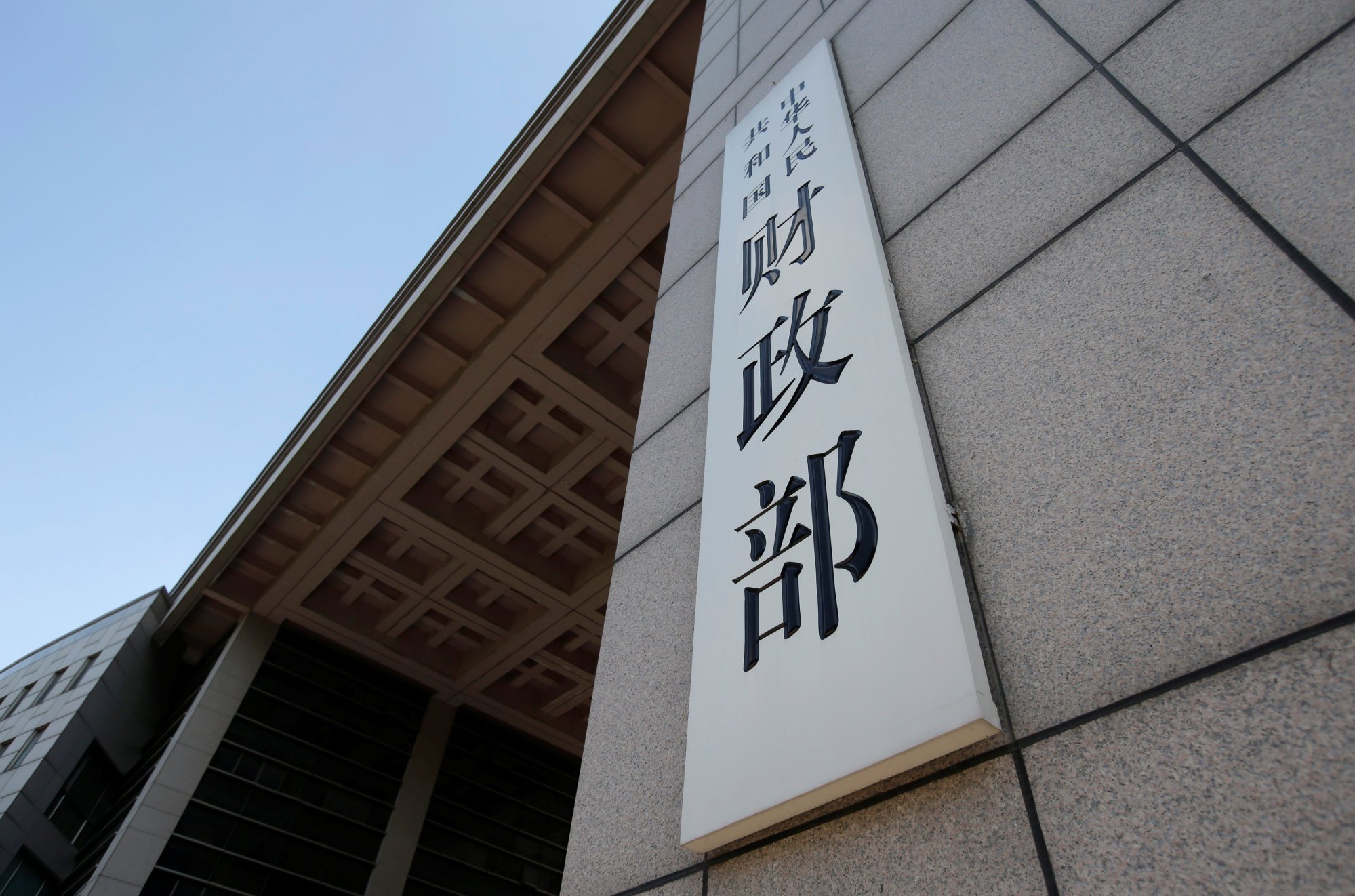Under the Interim Provisions on Accounting Treatment of Enterprise Data Resources released by the Ministry of Finance on Monday, corporate data could be classified as intangible assets when these meet relevant requirements in accounting standards, while data held for sale in daily business activities could be recognised as inventories.
The interim provisions are expected to help companies sort out which data resources can be recognised as accounting assets and ascertain in which category those belong, according to a Finance Ministry statement on Monday.

The updated accounting rules mark Beijing’s latest initiative to advance the development of the nation’s digital economy by applying commercial rules to information.
Advertisement
In April 2020, the country’s policymakers added data as a new production factor that is in the same category as land, capital and human labour.
Cross-border data deal between Hong Kong, mainland faces regulatory differences
Cross-border data deal between Hong Kong, mainland faces regulatory differences
Li indicated that the digital economy will enjoy broad development, thanks to China’s massive market, abundant data resources and rich application scenarios.
The value of China’s digital economy reached 50.2 trillion yuan (US$6.9 trillion) last year, which accounted for 41.5 per cent of the nation’s economic output and ranked second globally behind the United States, according to a report in April by the China Academy of Information and Communications Technology.
Advertisement
At present, the data-related spending by enterprises are primarily categorised as costs or operational expenses, but such outlay can be capitalised to improve a company’s business performance after the rule takes effect, according to the Citic Securities research note.
Data exchange in Guizhou makes China’s first sale of personal data
Data exchange in Guizhou makes China’s first sale of personal data
The new rules will also increase the value of data resources held by enterprises, which would help these firms refine how they manage these assets and promote their application, according to a research note by accounting firm Deloitte on Tuesday.
Advertisement
The size of China’s big data industry has grown rapidly over the past few years. This sector’s value reached 1.3 trillion yuan in 2021, according to official data from the China Academy of Information and Communications Technology.
Advertisement


